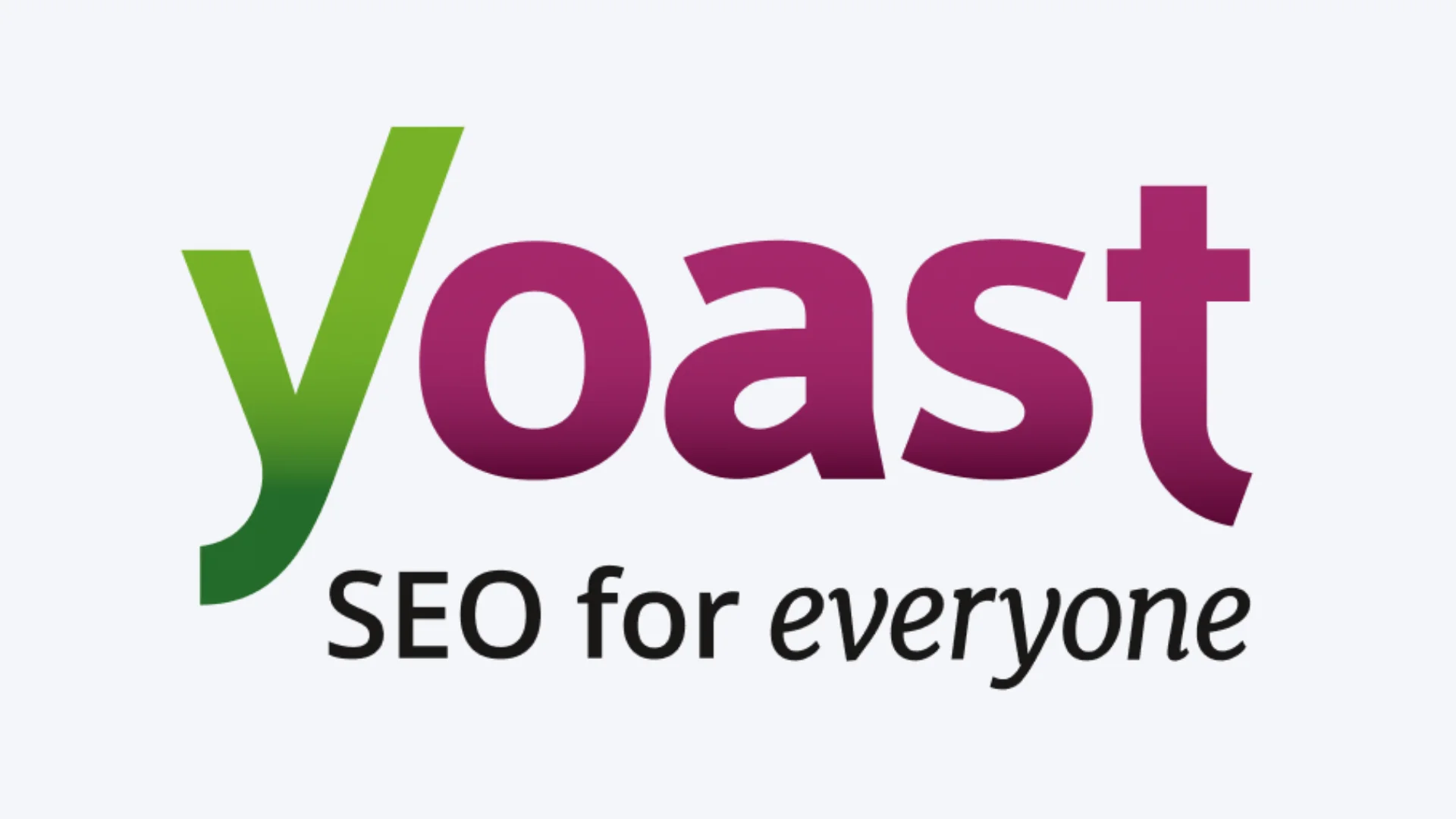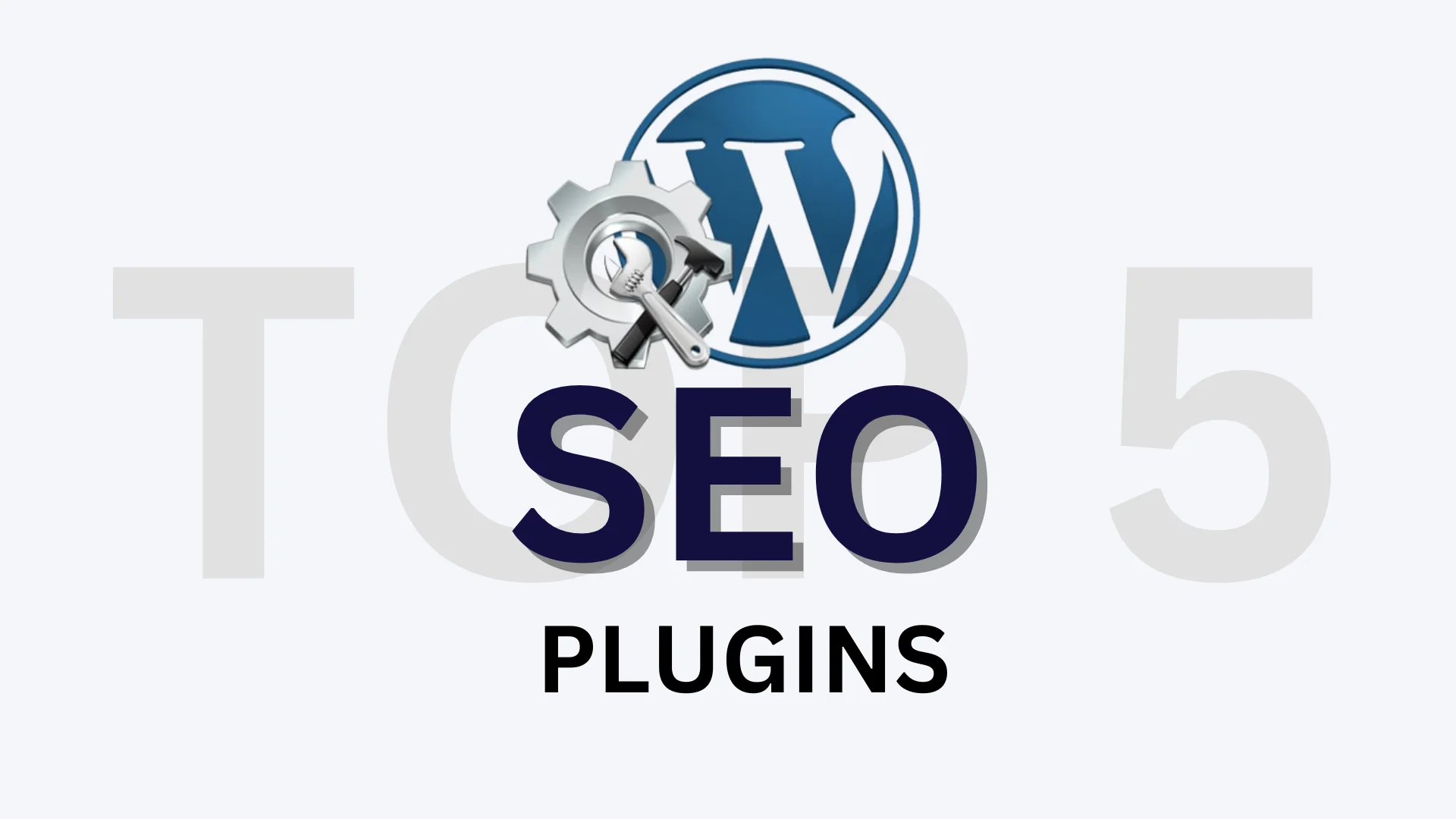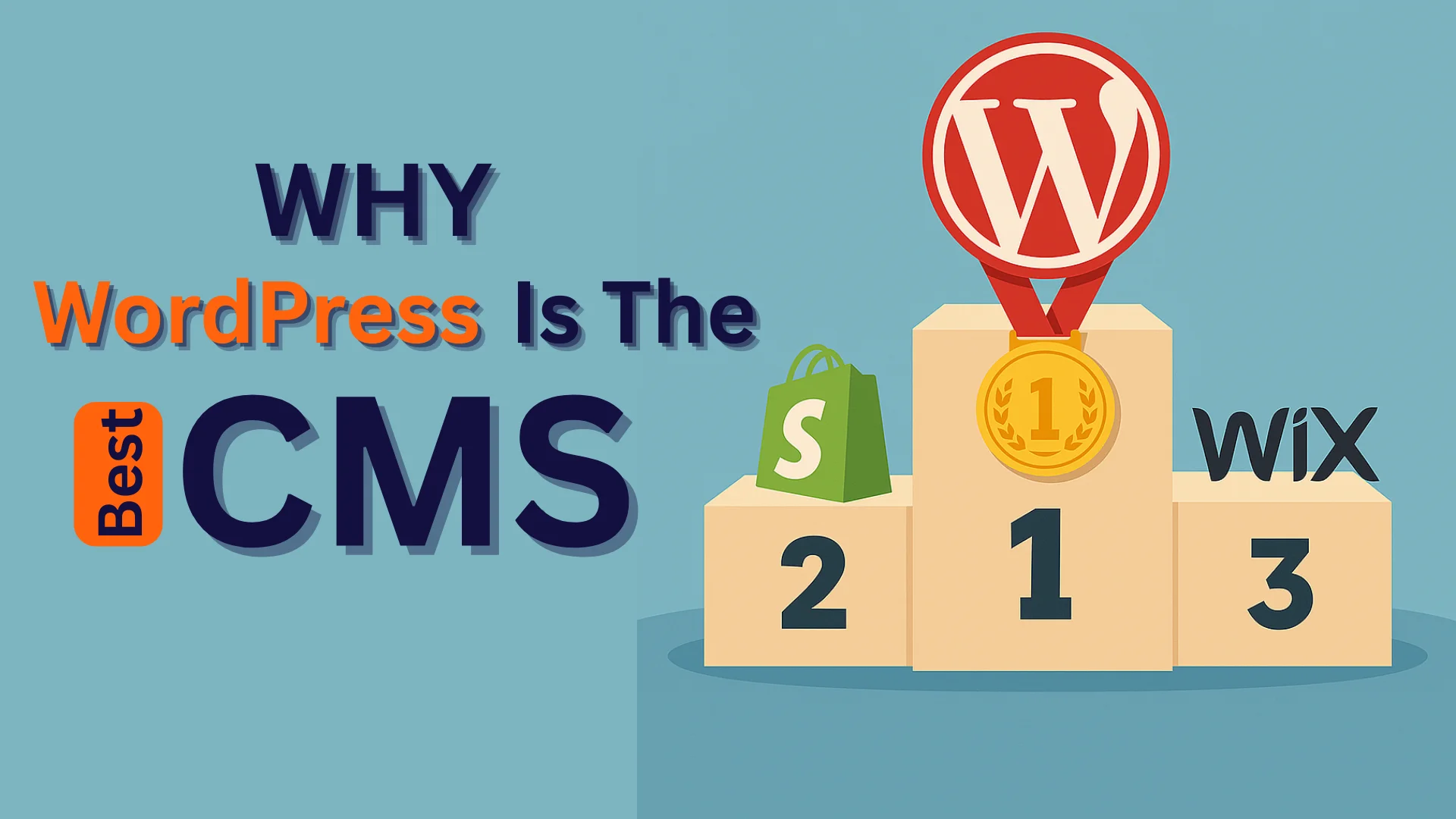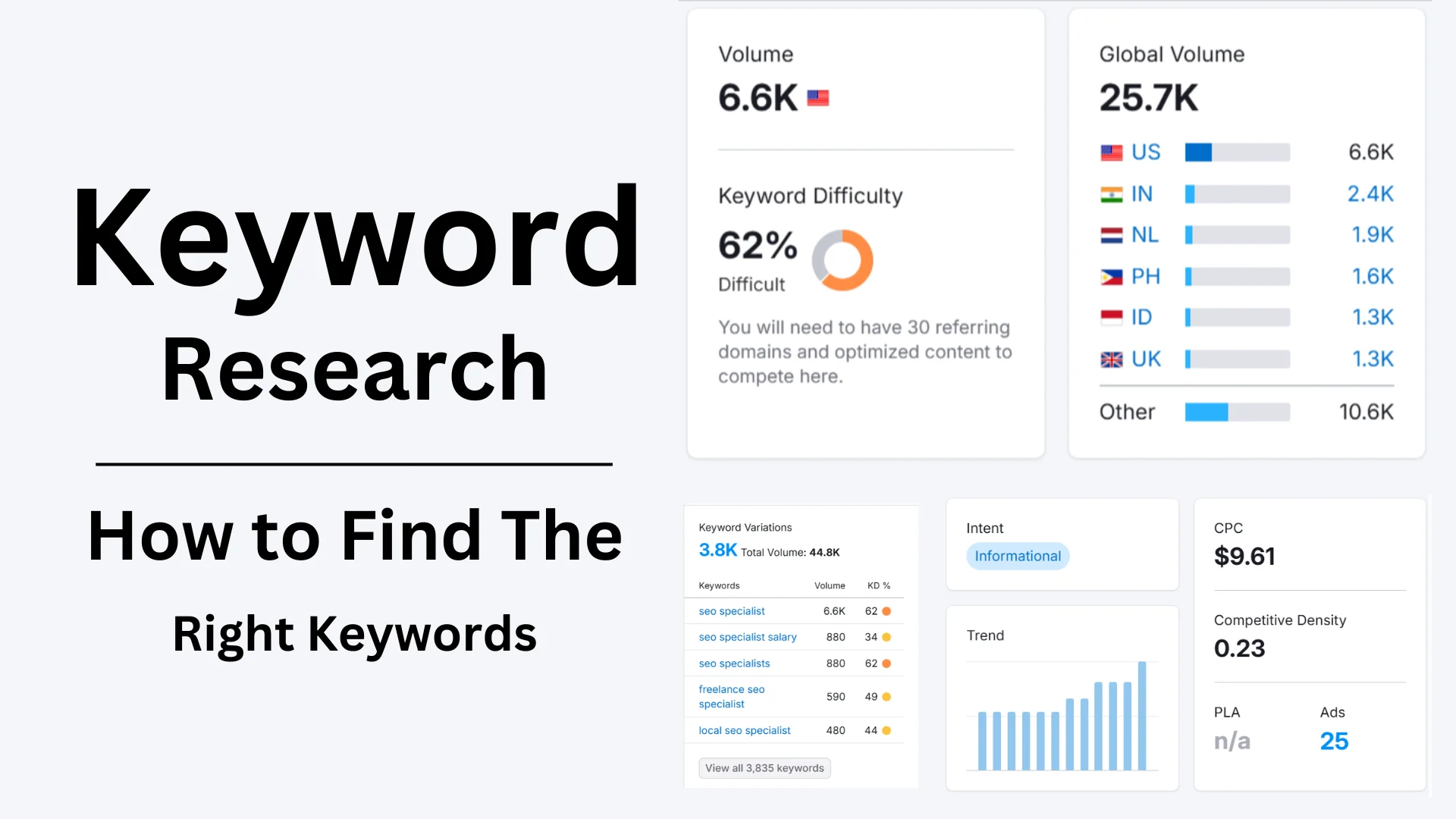Search Engine Optimization (SEO) is a crucial factor for the success of any website. With the right SEO strategies, you can drive organic traffic, improve search rankings, and increase visibility on platforms like Google, Bing, and Yahoo. If you’re using WordPress, optimizing your site for SEO becomes easier with the help of dedicated plugins.
There are numerous SEO plugins available, but very few can truly be called the best WordPress SEO plugin, and choosing the right one can be challenging. In this comprehensive guide, we will discuss the top 5 WordPress SEO plugins for 2025, their features, benefits, drawbacks, and why they stand out.

Yoast SEO is one of the most popular and widely used WordPress SEO plugins. It offers an extensive range of features that help users optimize their content for search engines effectively.It can easily be called one of the best WordPress SEO plugins.
Key Features
- Content Analysis: Provides real-time analysis of your content to improve readability and keyword usage.
- XML Sitemaps: Automatically generates XML sitemaps for better indexing by search engines.
- Meta Title & Description Optimization: Allows customization of meta titles and descriptions for better search visibility.
- Breadcrumbs Navigation: Enhances website structure and improves user experience.
- Canonical URLs: Helps prevent duplicate content issues.
- Schema Markup: Adds structured data to improve search engine understanding of your content.
- Social Media Integration: Optimizes content for social media platforms.
Pros
✅ Beginner-friendly with an intuitive interface
✅ Free version offers essential SEO features
✅ Regular updates and excellent support
✅ Helps improve readability and content structure
✅ Integrates well with Google Search Console
Cons
❌ The premium version is relatively expensive
❌ Some features require third-party integrations
❌ Can slow down websites if not configured properly

Rank Math is a powerful SEO plugin that has gained massive popularity due to its advanced features and user-friendly interface. It provides an all-in-one solution for WordPress SEO optimization. It can also be called one of the best WordPress SEO plugins.
Key Features
- Easy Setup Wizard: Quickly configures SEO settings with an intuitive setup wizard.
- AI-Based Content Optimization: Suggests SEO improvements using AI.
- Rich Snippets & Schema Markup: Enhances search appearance with structured data.
- Google Search Console Integration: Provides performance insights directly in WordPress.
- Redirections Manager: Helps manage 301 and 302 redirects easily.
- Keyword Rank Tracking: Monitors keyword rankings within WordPress.
Pros
✅ Lightweight and optimized for speed
✅ More features compared to Yoast in the free version
✅ User-friendly dashboard with detailed analytics
✅ Built-in keyword tracking feature
✅ Supports unlimited focus keywords in the free version
Cons
❌ Some advanced features require a premium subscription
❌ Learning curve for beginners
❌ Occasional compatibility issues with some themes

All in One SEO (AIOSEO) is a well-established WordPress SEO plugin known for its simplicity and comprehensive features.
Key Features
- SEO Audit Checklist: Provides an in-depth site audit to identify SEO issues.
- XML & RSS Sitemaps: Enhances site indexing for search engines.
- WooCommerce SEO: Optimizes product pages for better eCommerce rankings.
- Local SEO Support: Helps businesses improve local search visibility.
- Advanced Schema Markup: Enhances structured data implementation.
- Redirection Manager: Handles 404 errors and redirects effectively.
Pros
✅ Easy to set up and use, even for beginners
✅ Comprehensive SEO features in the free version
✅ Supports multiple SEO aspects, including local SEO
✅ Compatible with most WordPress themes and plugins
✅ Regular updates and excellent customer support
Cons
❌ Some features are locked behind the pro version
❌ Can be resource-heavy on some websites
❌ Limited keyword optimization in the free version

SEOPress is a feature-rich SEO plugin that offers a balance between functionality and affordability. It is an excellent alternative to Yoast and Rank Math.
Key Features
- Content Analysis: Offers suggestions for improving on-page SEO.
- XML & HTML Sitemaps: Improves indexing and user experience.
- Google Analytics Integration: Tracks SEO performance with analytics.
- Social Media Optimization: Enhances social media sharing with meta tags.
- Broken Link Checker: Identifies and fixes broken links.
- White Label SEO: Allows agencies to rebrand the plugin.
Pros
✅ Affordable premium pricing
✅ No ads or upsells in the free version
✅ Easy migration from other SEO plugins
✅ Customizable and developer-friendly
✅ GDPR compliance support
Cons
❌ Lacks an intuitive interface for absolute beginners
❌ Limited third-party integrations
❌ Free version lacks some essential SEO tools

The SEO Framework is a lightweight, automated, and AI-driven SEO plugin designed for WordPress users who want a no-nonsense approach to optimization.
Key Features
- AI-Generated SEO Titles & Descriptions: Automatically optimizes metadata.
- Breadcrumbs & Schema Markup: Improves search engine readability.
- Preconfigured Settings: Saves time with automatic SEO settings.
- Canonical URLs & Redirects: Prevents duplicate content issues.
- No Ads & Clean UI: Provides a distraction-free SEO experience.
- Performance-Focused: Optimized for speed and efficiency.
Pros
✅ Lightweight and fast, perfect for performance-focused sites
✅ Fully automated with AI-driven recommendations
✅ No upsells or ads, unlike other SEO plugins
✅ Great for developers and experienced users
✅ Excellent customer support and regular updates
Cons
❌ Lacks keyword tracking and content analysis tools
❌ Not as beginner-friendly as Yoast or Rank Math
❌ Limited features in the free version
Choosing the right SEO plugin depends on your needs:
- If you’re a beginner, Yoast SEO or All in One SEO are excellent choices.
- If you want advanced features for free, Rank Math is the best option.
- If you prefer an affordable and ad-free experience, SEOPress is worth considering.
- If you need a lightweight and automated solution, The SEO Framework is a solid pick.
Each plugin has its own strengths and weaknesses, so evaluate your requirements and choose the one that best fits your WordPress SEO strategy.





